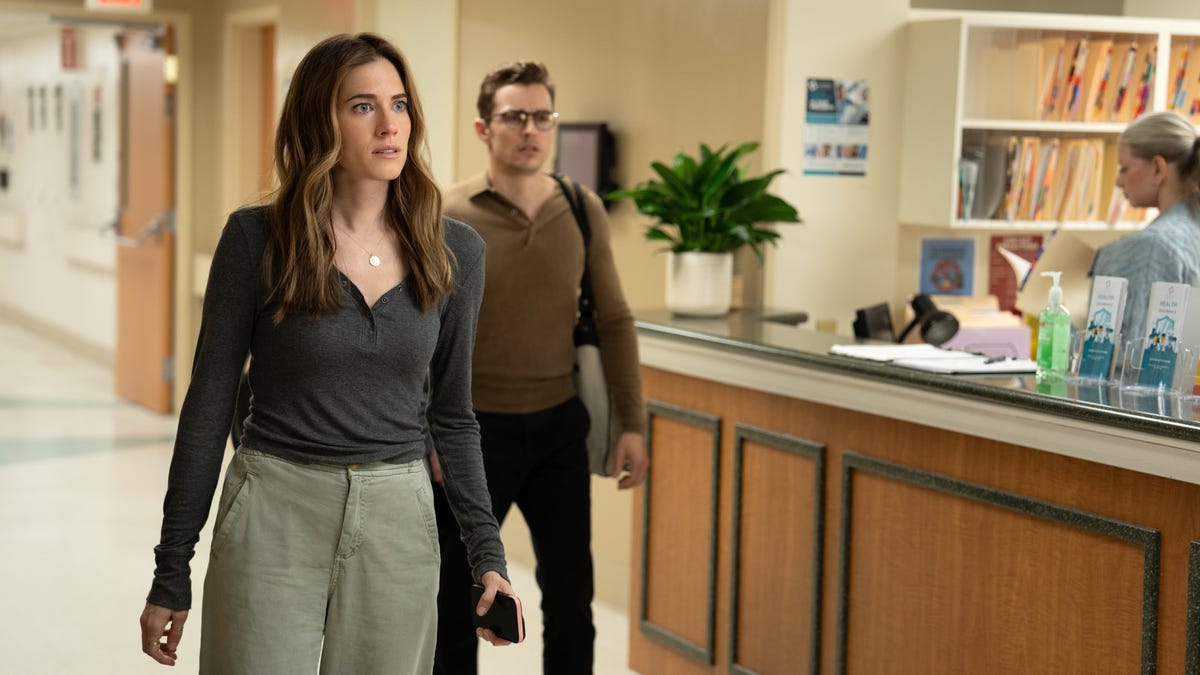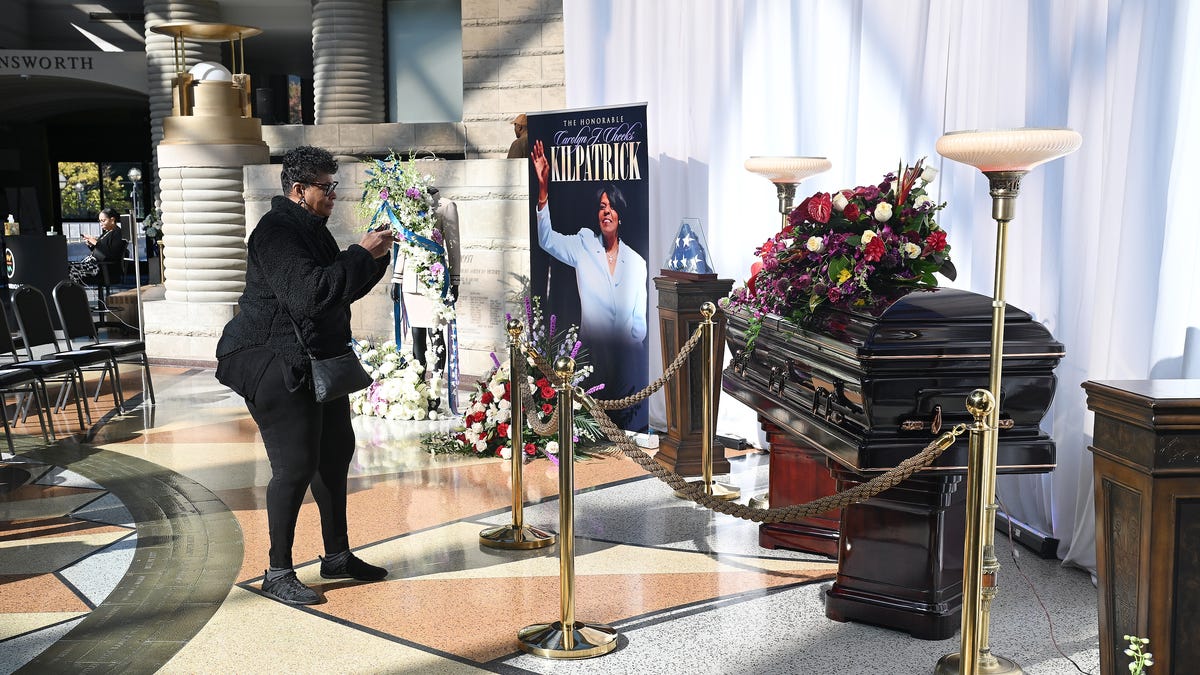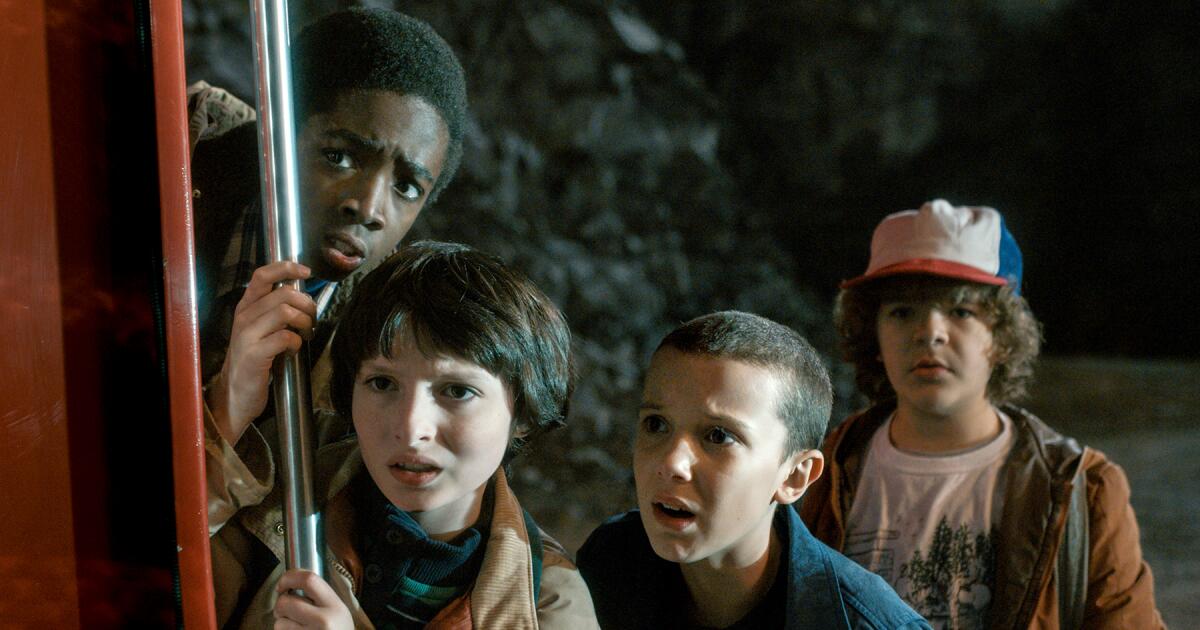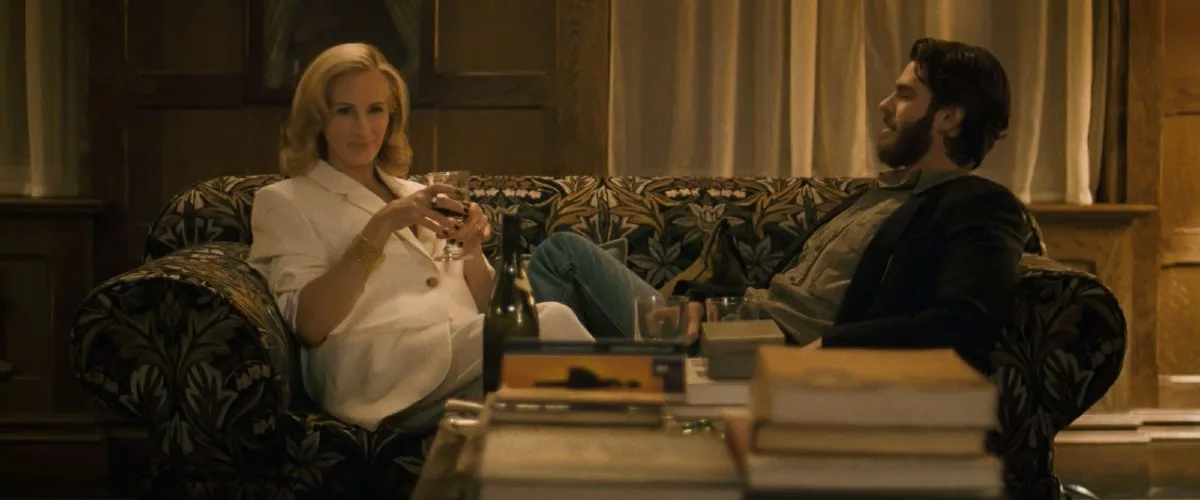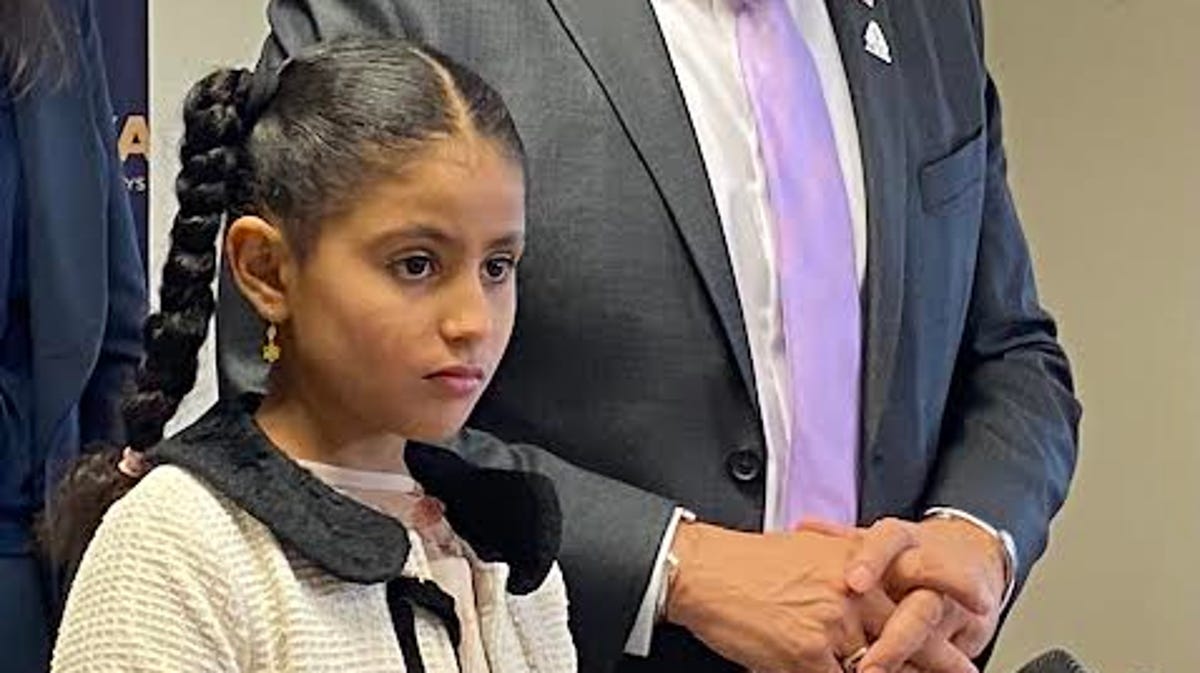Luca Guadagnino’s campus drama, After the Hunt, starts with a clue as to where its heart truly lies. The film’s opening credits uses Windsor typeface, aka the Woody Allen font—a sly homage to the disgraced auteur.
But the film itself seems a bit more ambivalent than those credits would suggest. On the one hand, it’s clear that Guadagnino, along with screenwriter Nora Garrett, believes that today’s college students are hopelessly coddled, ever searching for safe spaces, or a “warm bath” as Julia Robert’s Alma, a philosophy professor at Yale, derisively puts it. The general sentiment of Alma and many of her colleagues is, toughen up. Be more like we were when we were young—handling life’s indignities and cruelties with a stiff upper lip (and a stiff drink, if necessary).
But the film also seems to recognize that this younger generation might be onto something. Why should they put up with abusive adults? Why shouldn’t they demand accountability for bad behavior? And if you ignore or suppress a painful incident it just might haunt you for life.
The painful incident in question is this: After a graduate student, Maggie (Ayo Edebiri), attends a party at Alma’s apartment—the professors like to have a handful of grad students in attendance as a kind of worshipful audience—she gets a ride home with the garrulous Hank (Andrew Garfield), also a philosophy professor. They are both a bit drunk as they stumble from the party, giggling companionably.
The next day, Maggie tells Alma that Hank went up to her apartment and assaulted her.
This is complicated in a few ways: Alma has a very close relationship with Hank—one might suspect it was romantic were they not flaunting it in front of Alma’s husband, Frederik (Michael Stuhlbarg) at the party. They wouldn’t be that obvious if they were actually lovers, would they?
Also, Maggie, who is a lesbian, is hopelessly devoted to Alma—she even dresses like her. Frederik teases Alma for how much she loves to bask in Maggie’s adoration. And the relationship between them has become a bit parasocial, even obsessive, on Maggie’s part. (For the record, I love Edebiri in The Bear, but I do feel she’s a bit miscast here. Maggie is restrained, serious, so Edebiri’s wonderfully off-kilter charm is not put to use.)
Alma would prefer not to get involved in the incident, but she doesn’t really have that option. Maggie is her student, Hank is her friend, and the alleged incident took place after her party.
After the Hunt is the kind of film that reminds one how difficult is to pull off this kind of “he said, she said” mystery. We’re not supposed to know if Maggie is lying—she has a few reasons to dislike Hank—until the very end. And Alma’s behavior is also elliptical. She has the occasional crippling stomach pain that, for reasons unknown, she doesn’t get treated and she keeps a mysterious photo of a man and a news clipping in an envelope taped under her bathroom sink.
But all of this crypticness ultimately hurts the film. We feel like we are watching these characters through frosted glass—it’s hard to get to know or care about any of them when their motivations are so opaque. This is even true of Stuhlbarg’s Frederik, who has a habit of playing extremely loud music to get on Alma’s nerves (shades of Anatomy of a Fall, a far better film about a domestic mystery) but who also seems to be devoted to his wife.
Flaws and all, After the Hunt is sort of my jam. I love Guadagnino and his sensual, well-appointed films for grown-ups. I love films and books set on college campuses (indeed, I just finished reading Emily Adrian’s Seduction Theory, a novel that is uncannily similar to After the Hunt but in a much more satisfying way). And I love Julia Roberts. It’s great to see her in a role like this, playing the sort of uptight, brilliant, alluring character that Nicole Kidman and Cate Blanchett seem to have cornered the market on. (Yes, it’s also impossible not to see shades of Tár in After the Hunt. It doesn’t help the film that it draws comparisons to so many better works of art.) Roberts is more than up to the task—perfectly capturing Alma’s dueling self-loathing and self-regard.
I hate to use the word pseudointellectual—it’s a meaningless word, a la pretentious. But it does seem to apply here. The film is ostensibly about thorny moral and societal questions but it equivocates and doesn’t grapple with them in a penetrating way. And the film’s intellectuals don’t really talk like intellectuals—philosophy professors don’t actually sit around debating which famous philosophers were the biggest assholes; they talk about the plum tart recipe in the Times they made last weekend or the latest Netflix movie.
I’m never going to say no to seeing Julia Roberts—and the rest of this strong cast—in a Guadagnino film, I just wish it were a better Guadagnino film.



